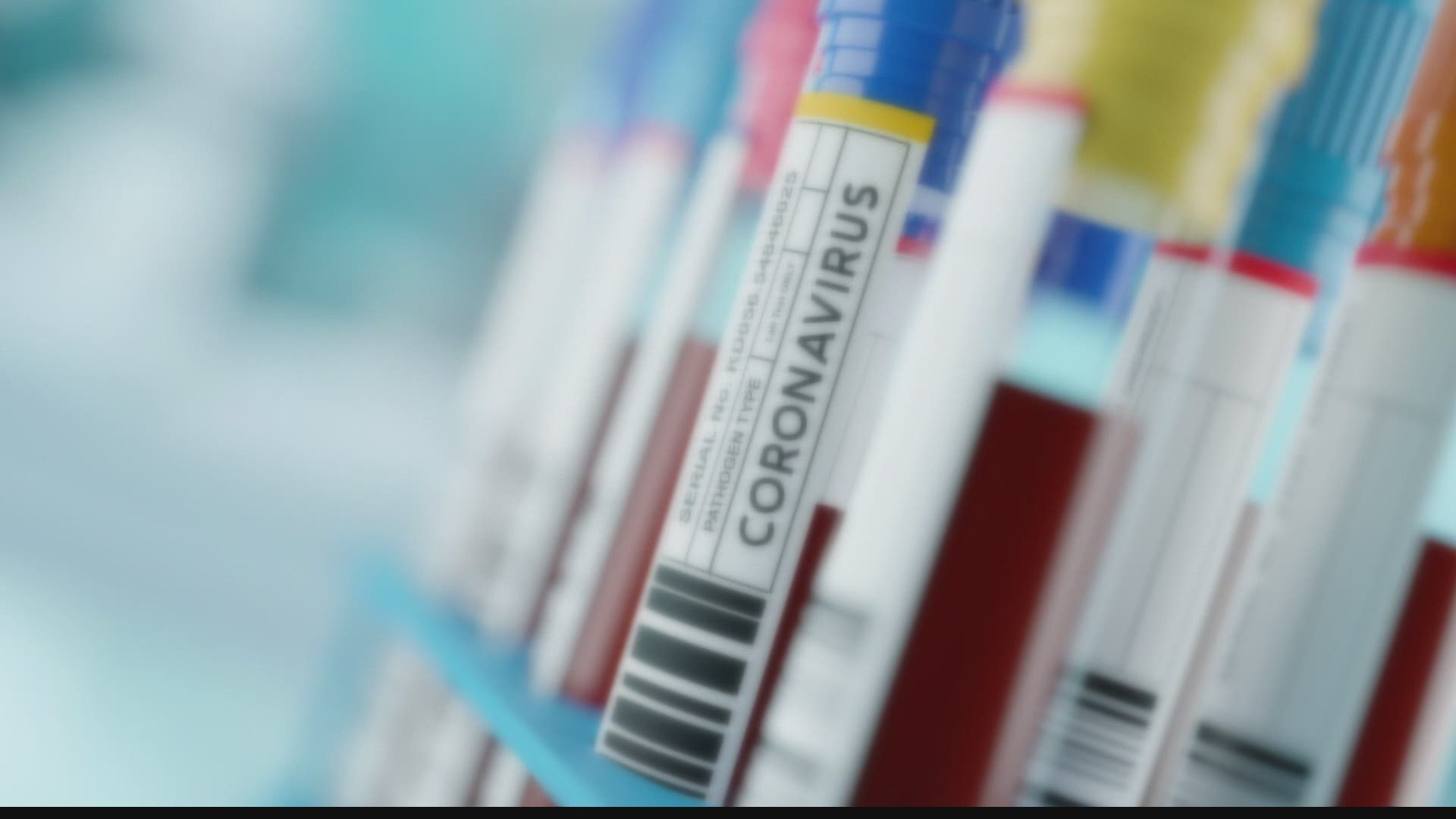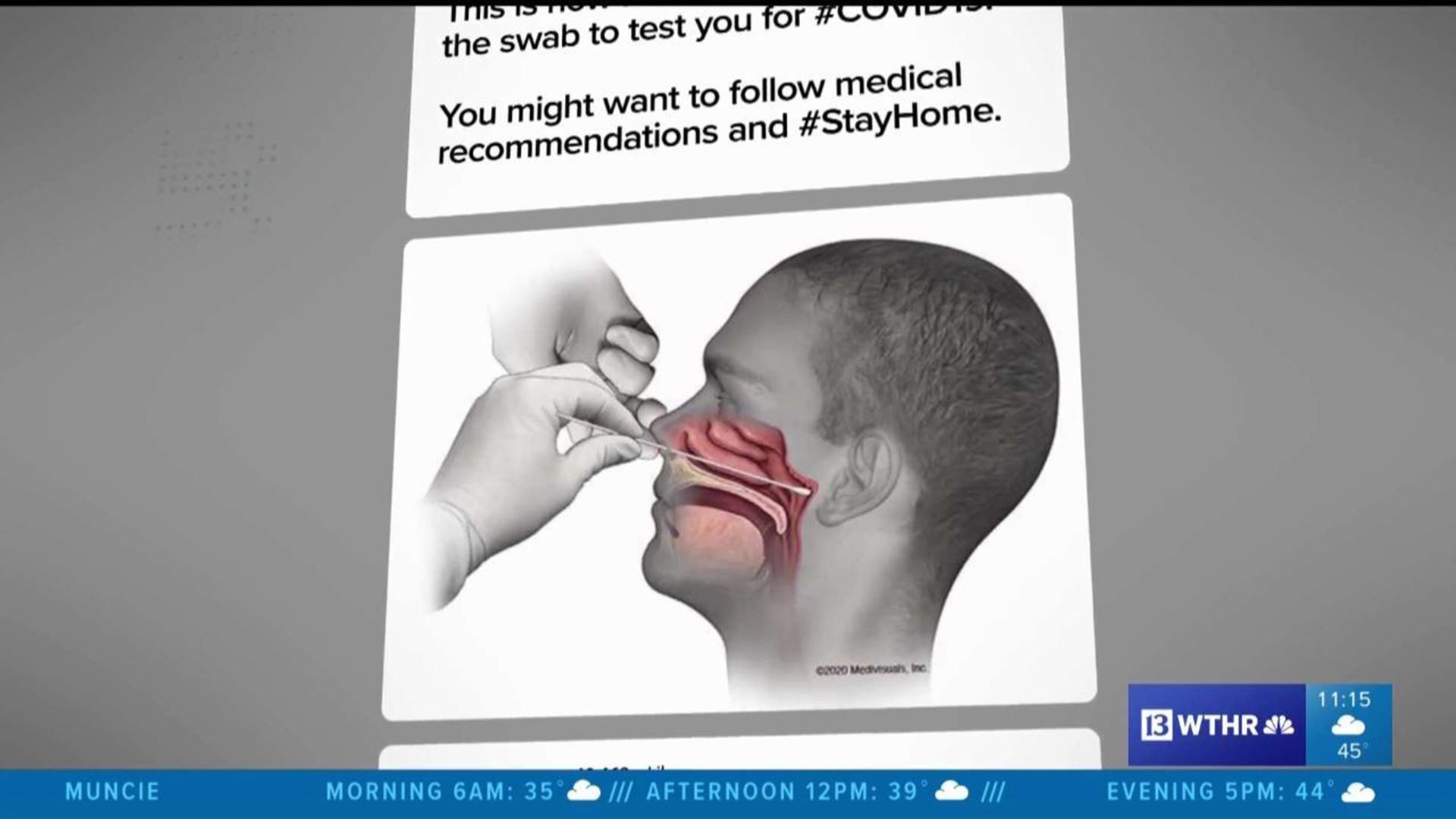INDIANAPOLIS — The Indiana State Department of Health and IUPUI's Fairbanks School of Public Health have been conducting in-depth studies on COVID-19 in Indiana since the pandemic began.
Tuesday, for the first time, they started studying COVID-19 and kids.
Researchers want a better idea about the infection prevalence rate in Hoosier children.
At Ivy Tech's campus in Indianapolis and 14 other sites across the state Tuesday, long lines of COVID testing represented a new phase in Indiana's pandemic research. Another 15 sites will be part of the study starting Thursday.
It's a research project that includes, for the first time, children ages five through 12.
"It's important because we're in the midst of the school year and they're talking about opening, staying on e-learning, doing something hybrid," said Dr. Nir Menachemi, professor with the Fairbanks School of Public Health. "Having a good picture of what school-aged children in the state currently are in terms of their infection prevalence is important."
Researchers already completed two coronavirus studies since April with all adults, providing a clearer snapshot of how far the virus has gotten into our communities over time.
Their findings reveal more than daily case counts, but rather overall infection rates.
"Cases really represent the tip of the iceberg," Menachemi explained. "There's many more infections than cases. Cases are people who test and test positive. We know that there's a lot of people either infected and have no symptoms and so they don't test or they're infected and so mildly symptomatic that they don't choose to test."
In phase 3 of their study, about 20,000 Hoosiers, chosen at random, will give nasal swabs and antibody blood samples over the next five days. Children under 12 participating in the study just get nasal swabs.
Results will add to what science already knows about kids and COVID.
"Kids get infected. Kids can transmit that infection to others, but we know that kids are just at lower risk of particularly bad outcomes like needing to go to the hospital or being on a ventilator or dying," Menachemi said.
Children weren't included in previous studies, he said, because they were either on lockdown or not in school and therefore not in high-risk crowded settings.
Now, we expect to get a better look at how the virus impacts kids, their schools, their sports and their activities.
The study wraps up on Saturday. Results should be out next week.
Those will be shared with Governor Eric Holcomb and state health leaders to help them make future decisions during the pandemic.


